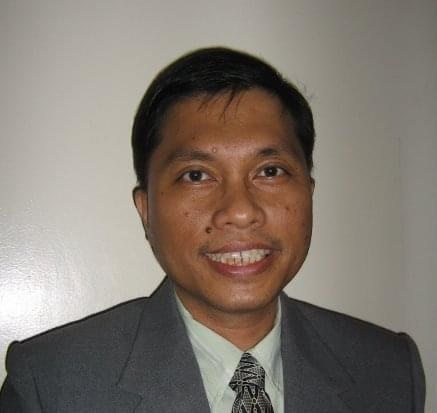OBLIQUE OBSERVATIONS
By Atty. Gilberto Lauengco, J.D.
Rapid changes and the Generation Z
Share
The art of life lies in a constant readjustment to our surroundings – Kakuzo Okakura - The Book of Tea
After a three-year hiatus, I was finally able to teach a college class again this year. I was very happy that I found time to return to one of the things I like doing. Last week however, as my students took their final exams, I suddenly realized that times have truly changed. The sight of kids with face masks answering their finals on laptops or even smaller devices was a stark reminder for me of the new normal.
What was more jarring for me was the absence of pens and paper during the test. The relative silence of students scribbling on exam booklets has now been replaced by the sound of keyboards being tapped.
Despite having mostly face to face classes nowadays, it has become apparent that the online technology which became prevalent during the pandemic has embedded itself into the way kids are taught now and the way they learn. When I returned to teaching, I learned that I had to learn a whole new way of running classes. In some classes you have a combination of on-site and online students forcing teachers to apply skills similar to taping a show with a live audience.
Exams and quizzes are loaded online while being synchronously answered. The terms are different. “Exams” have now been replaced by formative and summative assessments. Teaching has forever been altered and the teachers have been forced to continuously adapt to the changes.
Not only has the teaching systems been changed but I have found that the new generation of students are quite different from the ones I taught for the last decade prior to my hiatus. This is the first time I have taught kids of the so-called Generation Z. To say that teaching Generation Z’s involves challenges for a Generation X like me is an understatement. The combined effects of quarantine life brought about by the pandemic, rapid tech changes, constant exposure to constant and unfettered online content have produced a unique generation of kids.
Experts in psychology, social anthropology, marketing, politics and other sciences are undoubtedly conducting numerous studies on the effects of these rapid changes on these kids. Some of these changes are apparent. They are more reserved and harder to engage. There is a marked increase in sensitivities.
Apparently, one has to learn the proper pronouns now in addressing students (he, she, they, it). As a result, teachers now have to adjust their way of lecturing. In-class jokes and anecdotes have to be recalibrated to avoid offending sensibilities. As digital natives, they have instant access to facts. As such, teachers need to concentrate on the whys and hows. It is no wonder that many teachers have expressed difficulties in handling these changes.
Dealing with change is difficult. It is difficult for all generations. However, as John F. Kennedy once said “Change is the law of life and those who look only to the past and present are certain to miss the future”. Capacitating the next generation is an existential priority. For better or worse we can no longer use the old ways to guide them.
They will no longer listen to us just because we are older. Institutional and peer support must now be the norm to allow us to adapt. Families must be engaged to help steer the new generation. It is not enough that we adapt the tech, we must understand how to use them in communicating with each other. It was once said that it takes a village to raise a child. Now more than ever the community must band together to ensure that everyone adapts to the changes of this new world.
This is my oblique observation.
Comments
About the Columnist

ATTY. GILBERTO LAUENGCO, J.D. is a lawyer, educator, political strategist, government consultant, Lego enthusiast, and the director of CAER Think Tank. He is a Former Vice Chairman of MECO, Special Assistant of NFA and City Administrator among others. His broad experience has molded his unique approach to issues analysis which he calls the oblique observation.
